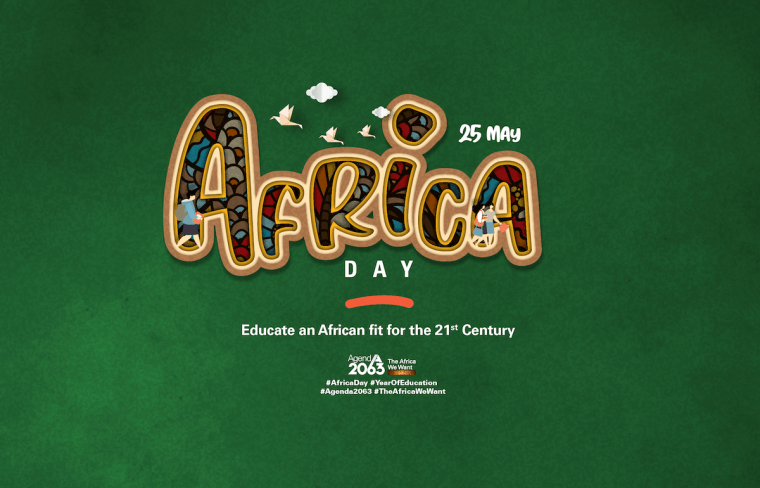Key Resources
- February 14, 2025
-
February 12, 2025
38th AU Summit Program of Events
- September 10, 2024
- July 24, 2024
- July 21, 2024
- May 13, 2024
- May 13, 2024
- May 09, 2024
- February 14, 2024
- January 12, 2024
- September 10, 2023
- July 16, 2023
- Page 0
- ››
















